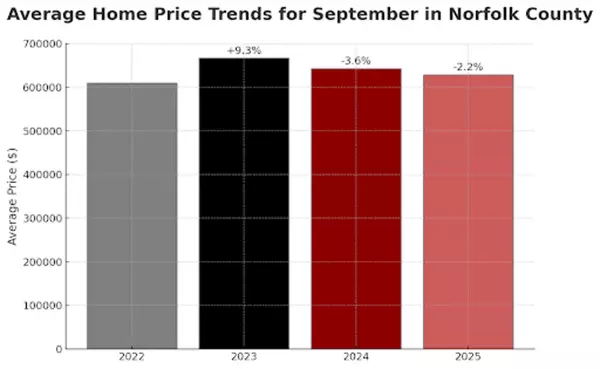Toronto’s Condominium Market in 2025: Greater Affordability May Be Temporary Due to Supply Risks
The condominium apartment market in Toronto is currently undergoing a correction. According to a June 2025 report from the Canada Mortgage and Housing Corporation (CMHC), the city has seen a drop in sales, high inventory levels, declining prices, and increased financial strain among investors. On the more positive side, these developments are creating near-term affordability opportunities for buyers and renters. However, the report also raises concerns about reduced future housing supply, which could result in rising demand again over the longer term.
Sales Drop as Inventories Climb
Between 2022 and the first quarter of 2025, total condominium apartment sales in the Toronto Census Metropolitan Area fell by 75%. This includes resale, new, and pre-construction units. The slowdown was driven by rising interest rates that reduced both homebuyer affordability and the investment case for condos.
At the same time, a record 25,572 new condo units were completed in Toronto in 2024. This surge in supply has coincided with weaker demand, leading to a sharp increase in available inventory. In Q1 2025, the months of inventory for pre-construction condominiums reached 57.4, for a level not seen in at least two decades. For comparison, the figure stood at just 1.9 months in Q1 2022.
Prices Decline from Peak Levels
With sales falling and inventory building, prices have adjusted. Average resale condo prices in Toronto declined 13.4% from Q1 2022 to Q1 2025, moving from a peak of $1,045 per square foot to $812. This correction follows a period of rapid price growth of over 19% between 2020 and 2022, when market conditions were shaped by low interest rates and strong investor demand.
The recent decline in pricing is particularly relevant for investors who purchased pre-construction units during the final stages of the last upcycle. The CMHC estimates that some may now face up to 6% in capital losses upon closing, based on resale comparables for similar units.
Investor Challenges
Investor profitability has weakened in the short term due to both declining resale values and rising ownership costs. In Toronto, average carrying costs, including mortgage interest and maintenance, have increased by 24% since 2022. Meanwhile, average rents have grown by only 15%, putting pressure on rental margins for newly acquired units.
In addition to diminished cash flow, falling property values are complicating access to financing. Some investors may struggle to secure full mortgage funding at closing if unit appraisals come in below original pre-sale prices.
Project Cancellations and Financing Difficulties
As sales slow, developers are facing new barriers to financing. In Q1 2025, 55% of pre-construction condo units remained unsold, just below the record high of 56% in late 2024. This is below the 70% pre-sale threshold that lenders often require before releasing construction funds.
In this environment, project cancellations have risen significantly. CMHC reports that the number of cancelled condo units in Toronto in 2024 was five times higher than in 2022. While some developers have shifted to purpose-built rental projects, taking advantage of alternative financing options, many planned condominium projects have been scrapped altogether.
Affordability Relief Could Be Only Temporary
For prospective buyers previously priced out of the condo market, current conditions may offer opportunities. Lower resale prices, increased inventory, and slower bidding activity could improve access to homeownership.
However, the CMHC cautions that these affordability gains may not be permanent. Cancelled projects and weak pre-construction sales could constrain new housing supply in the coming years. While the current oversupply is easing some affordability pressures, this comes with trade-offs. Specifically, “the condominium projects cancelled today mean fewer housing completions in the future.” The present environment of increased choice and lower prices could be masking underlying supply-side risks, particularly if current trends discourage developers from launching new projects. If demand strengthens before the construction pipeline recovers, prices and rents could begin rising again.
The CMHC expects the Toronto condo market to remain subdued in the near term, however. Completion volumes are likely to stay elevated through 2025, while buyer and investor demand remains tempered by high borrowing costs and weak price growth. Further project cancellations and reduced construction starts are anticipated.
Recent Posts










